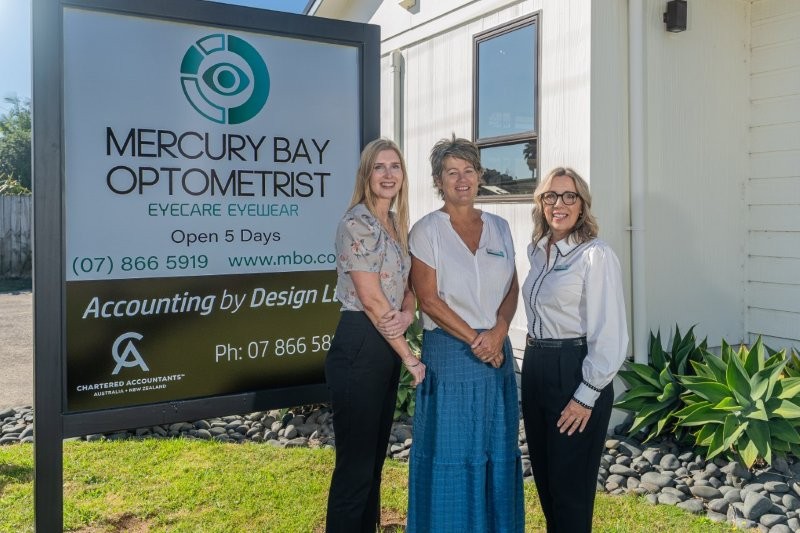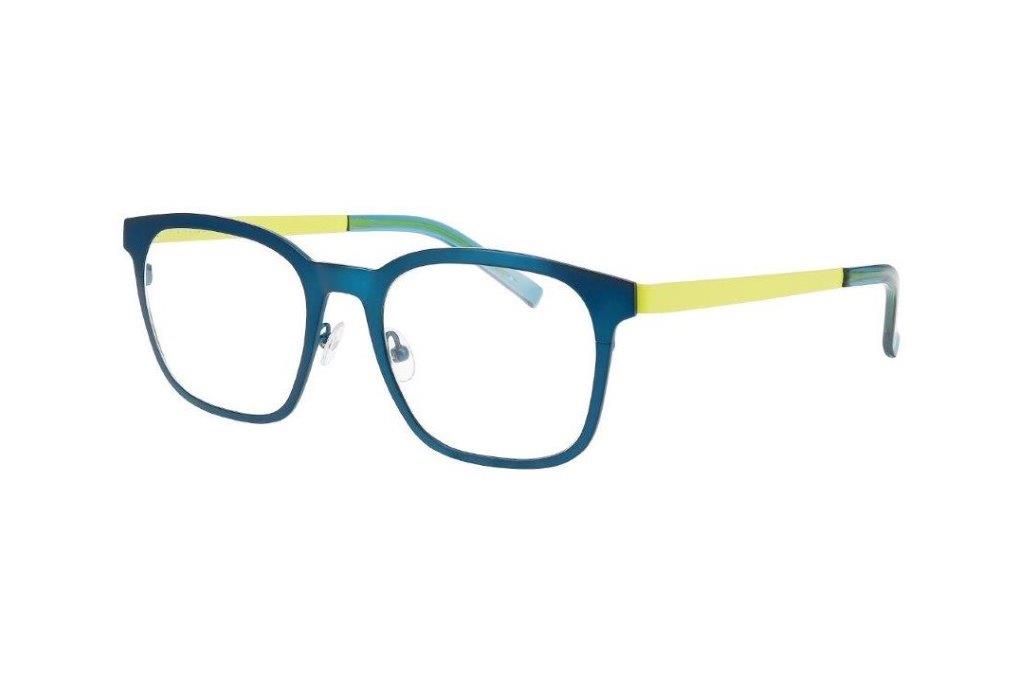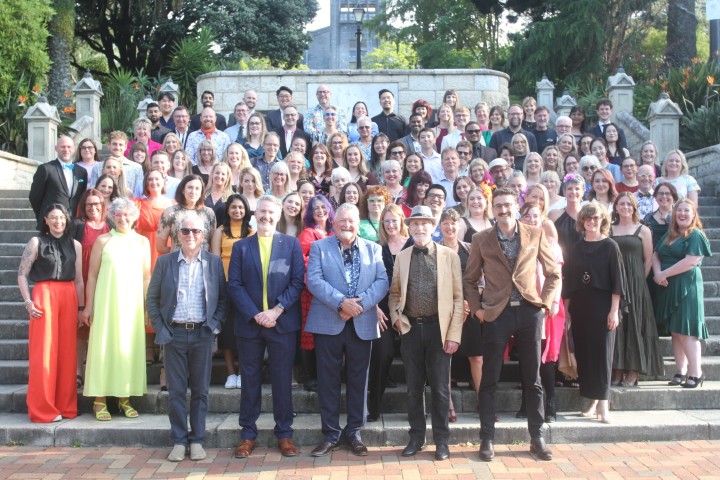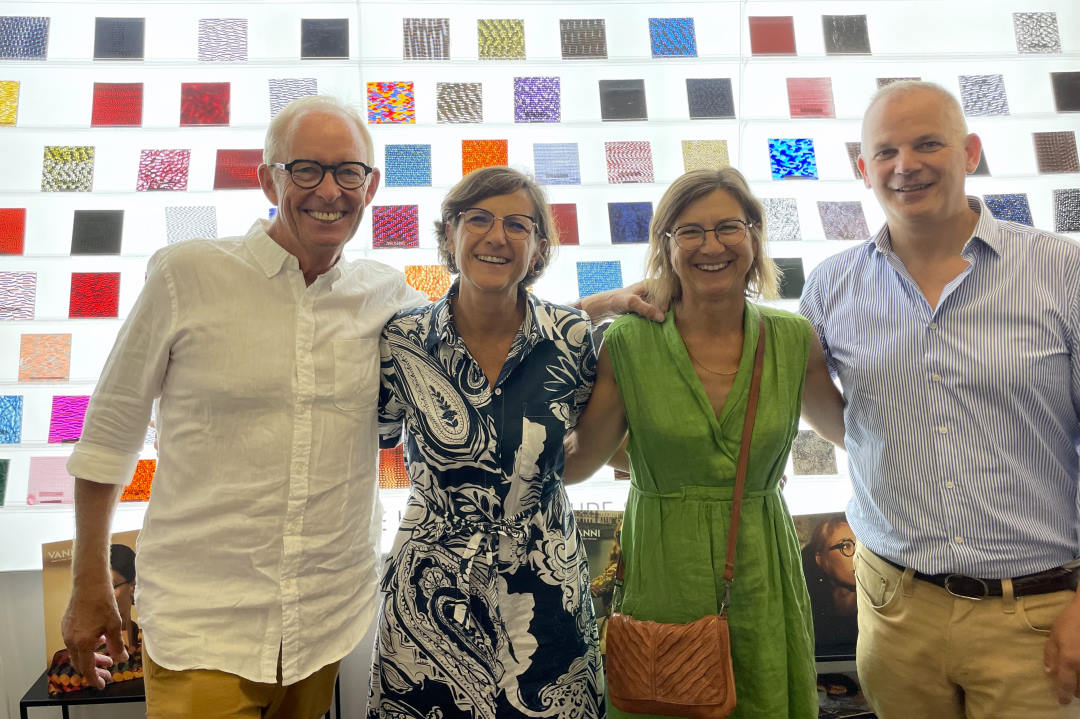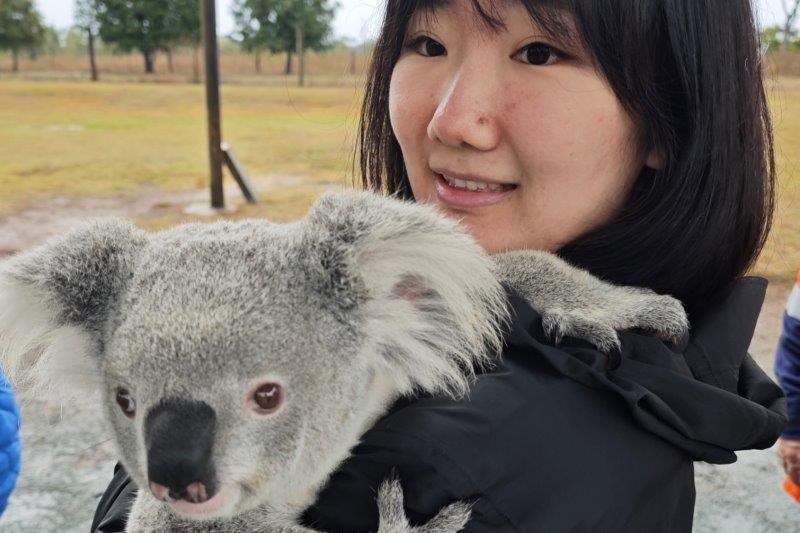10,000 pairs of specs for Bhutan
Essilor and the royal government of Bhutan have officially launched their partnership to make Bhutan the first country in the world to eradicate poor vision with the delivery of an initial 10,000 pairs of glasses. The specs are for use in the Bhutan School Sight programme.
To mark the occasion, her majesty Ashi Kesang Choeden Wangchuck, Queen Mother of his majesty The Fourth Druk Gyalpo presented eyeglasses to citizens during the launch ceremony. Organised by the ministry of health, the Bhutan School Sight programme offers free vision screening for all students aged six to eighteen and equips those in need with free glasses. It should be completed by October and the adult screening programme will begin in 2020, organisers say. As part of the partnership, starting from the last quarter of 2019, nearly 200 health assistants will be trained to conduct basic visual acuity tests in communities, distribute simple reading glasses and direct patients with vision correction needs to eye health practitioners.
In December 2018, Essilor signed letters of intent with Bhutan’s government and the central monastic body to sustainably strengthen the country’s vision care infrastructure and eradicate unprotected and uncorrected poor vision. A quarter of the population currently has uncorrected poor vision and a large portion is at risk of exposure to UVA/UVB rays due to high altitudes. Bhutan’s government and Essilor said together they will address the two greatest barriers to good vision – access and awareness – through training and capacity building, philanthropic support and raising awareness.
Essilor chairman Hubert Sagnières said, “Good vision transforms more than just a person’s health and wellbeing – it reduces inequalities and positively impacts the daily lives of individuals, their families and their communities through their ability to learn, work and be safe. Simply put, improving sight improves lives and will help advance the country’s gross national happiness index.” Sagnières added, “It is an honour to be making a difference in the lives of Bhutanese citizens, and those of citizens around the world as we work toward eradicating poor vision in one generation.”













